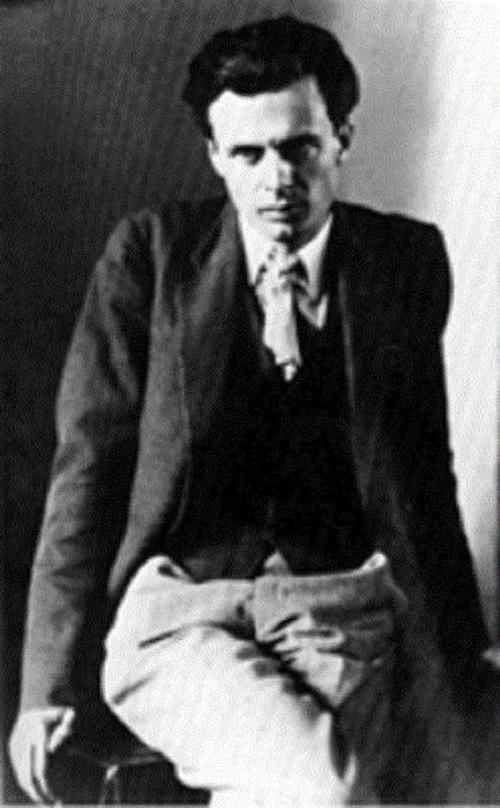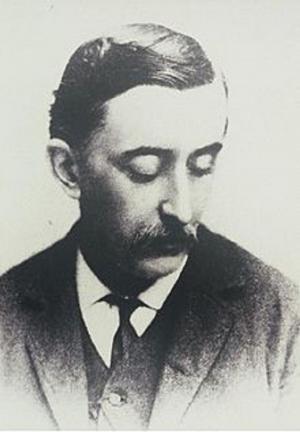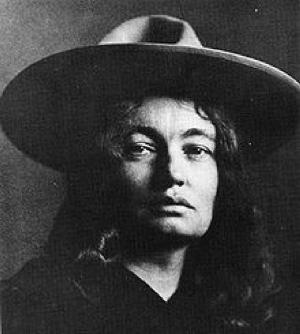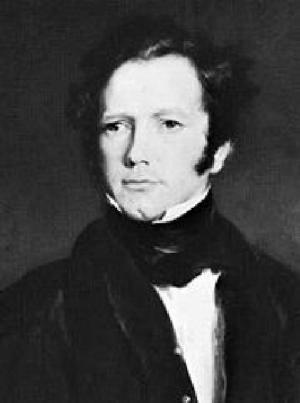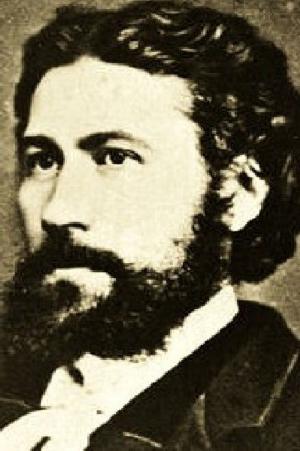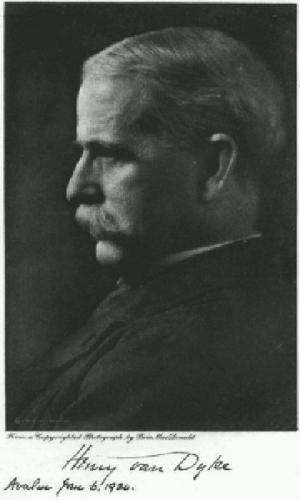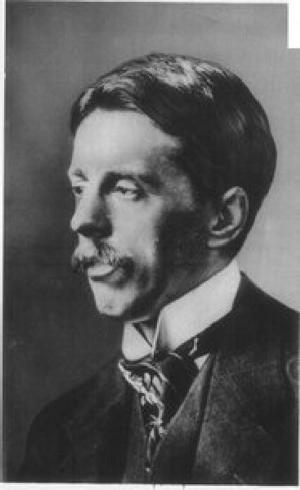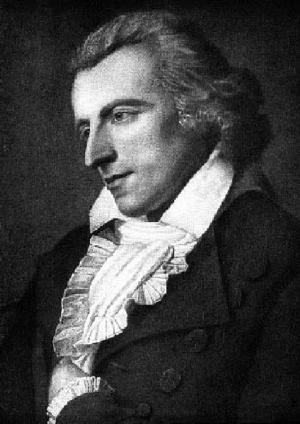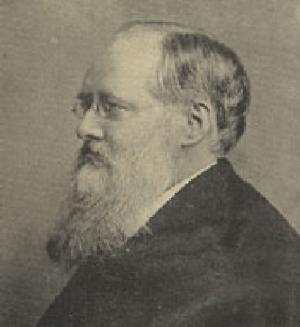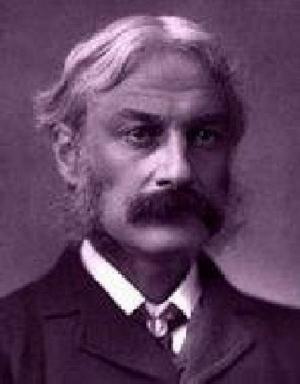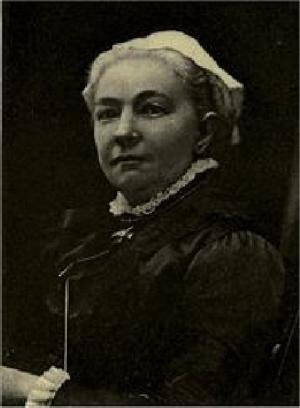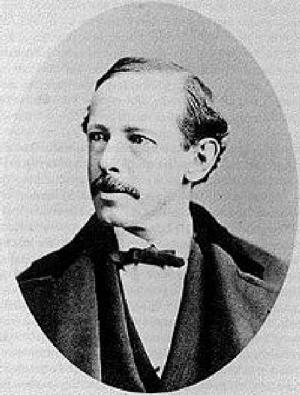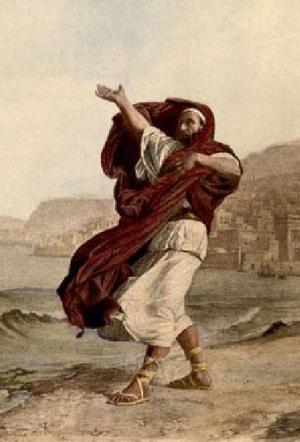| Author: | Aldous Huxley | ISBN: | 9781455402366 |
| Publisher: | B&R Samizdat Express | Publication: | February 16, 2012 |
| Imprint: | Language: | English |
| Author: | Aldous Huxley |
| ISBN: | 9781455402366 |
| Publisher: | B&R Samizdat Express |
| Publication: | February 16, 2012 |
| Imprint: | |
| Language: | English |
The Defeat of Youth and Other Poems is the second book of poems by Aldous Huxley. It was published in 1918 and includes The Defeat of Youth, Song of Poplars, The Reef, Winter Dream, The Flowers, The Elms, Out of the Window, Inspiration, Summer Stillness, Anniversaries, Italy, The Alien, A Little Memory, Waking, By the Fire, Valedictory, Love Song, Private Property, Revelation, Minoan Porcelain, The Decameron, In Uncertainty to a Lady, Crapulous Impression, The Life Theoretic, Complaint of a Poet Manqué, Social Amenities, Topiary, On the Bus, Points and Lines, Panic, Return from Business, Stanzas, Poem, Scenes of the Mind, L'Après-Midi D'un Faune, and The Louse-Hunters. According to Wikipedia, "Aldous Leonard Huxley (26 July 1894 22 November 1963) was an English writer and one of the most prominent members of the famous Huxley family. His grandfather was the zoologist Thomas Henry Huxley, 'Darwin's bulldog' (for his advocacy of Charles Darwin's theory of evolution) He spent the later part of his life in the United States, living in Los Angeles from 1937 until his death in 1963. Best known for his novels including Brave New World (1932, Eyeless in Gaza 1936, The Doors of Perception 1954) and a wide-ranging output of essays, Huxley also edited the magazine Oxford Poetry, and published short stories, poetry, travel writing, and film stories and scripts. Aldous Huxley was a humanist and pacifist, and he was latterly interested in spiritual subjects such as parapsychology and philosophical mysticism. He is also well known for advocating and taking psychedelics. By the end of his life Huxley was considered, in some academic circles, a leader of modern thought and an intellectual of the highest rank, and highly regarded as one of the most prominent explorers of visual communication and sight-related theories as well."
The Defeat of Youth and Other Poems is the second book of poems by Aldous Huxley. It was published in 1918 and includes The Defeat of Youth, Song of Poplars, The Reef, Winter Dream, The Flowers, The Elms, Out of the Window, Inspiration, Summer Stillness, Anniversaries, Italy, The Alien, A Little Memory, Waking, By the Fire, Valedictory, Love Song, Private Property, Revelation, Minoan Porcelain, The Decameron, In Uncertainty to a Lady, Crapulous Impression, The Life Theoretic, Complaint of a Poet Manqué, Social Amenities, Topiary, On the Bus, Points and Lines, Panic, Return from Business, Stanzas, Poem, Scenes of the Mind, L'Après-Midi D'un Faune, and The Louse-Hunters. According to Wikipedia, "Aldous Leonard Huxley (26 July 1894 22 November 1963) was an English writer and one of the most prominent members of the famous Huxley family. His grandfather was the zoologist Thomas Henry Huxley, 'Darwin's bulldog' (for his advocacy of Charles Darwin's theory of evolution) He spent the later part of his life in the United States, living in Los Angeles from 1937 until his death in 1963. Best known for his novels including Brave New World (1932, Eyeless in Gaza 1936, The Doors of Perception 1954) and a wide-ranging output of essays, Huxley also edited the magazine Oxford Poetry, and published short stories, poetry, travel writing, and film stories and scripts. Aldous Huxley was a humanist and pacifist, and he was latterly interested in spiritual subjects such as parapsychology and philosophical mysticism. He is also well known for advocating and taking psychedelics. By the end of his life Huxley was considered, in some academic circles, a leader of modern thought and an intellectual of the highest rank, and highly regarded as one of the most prominent explorers of visual communication and sight-related theories as well."
